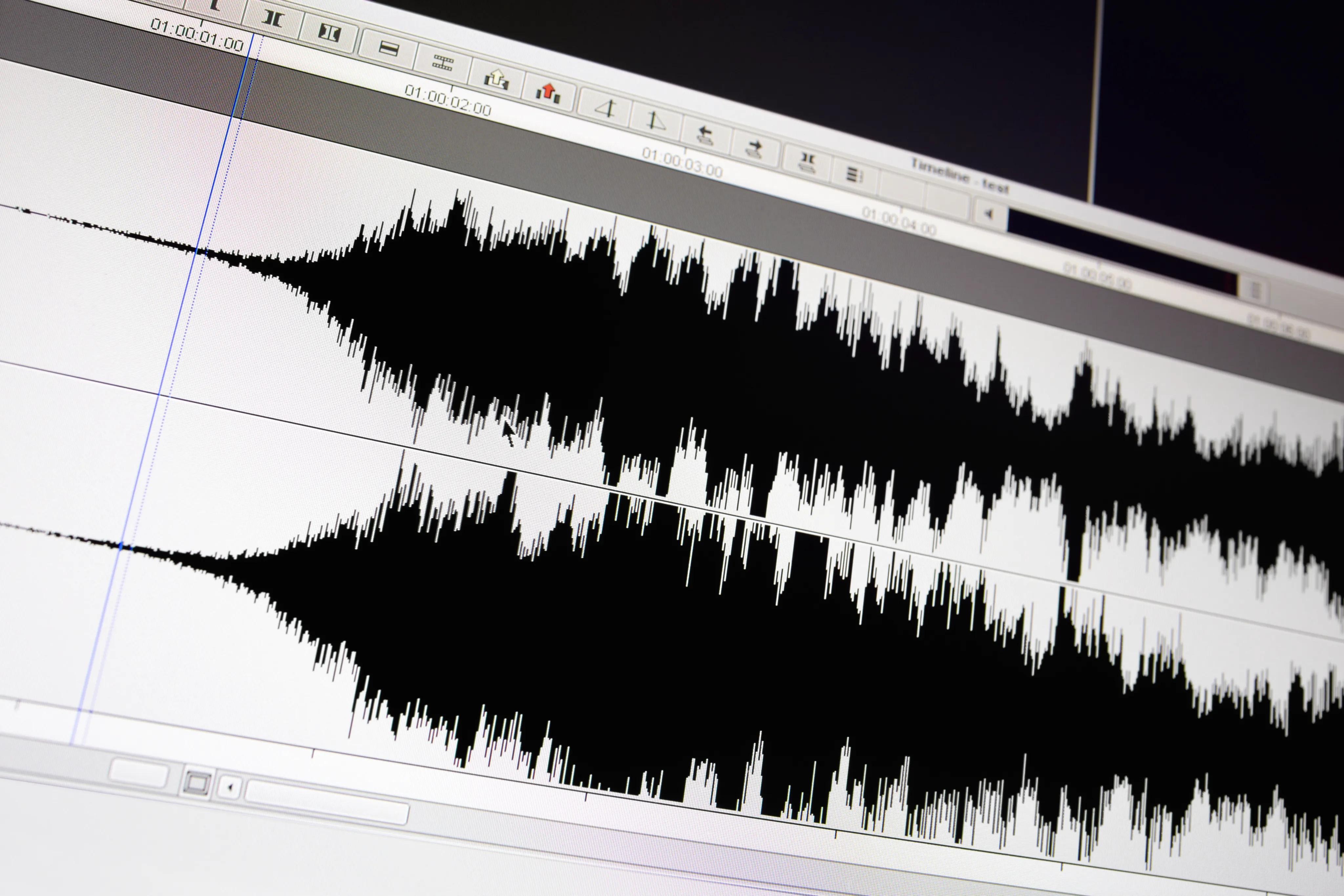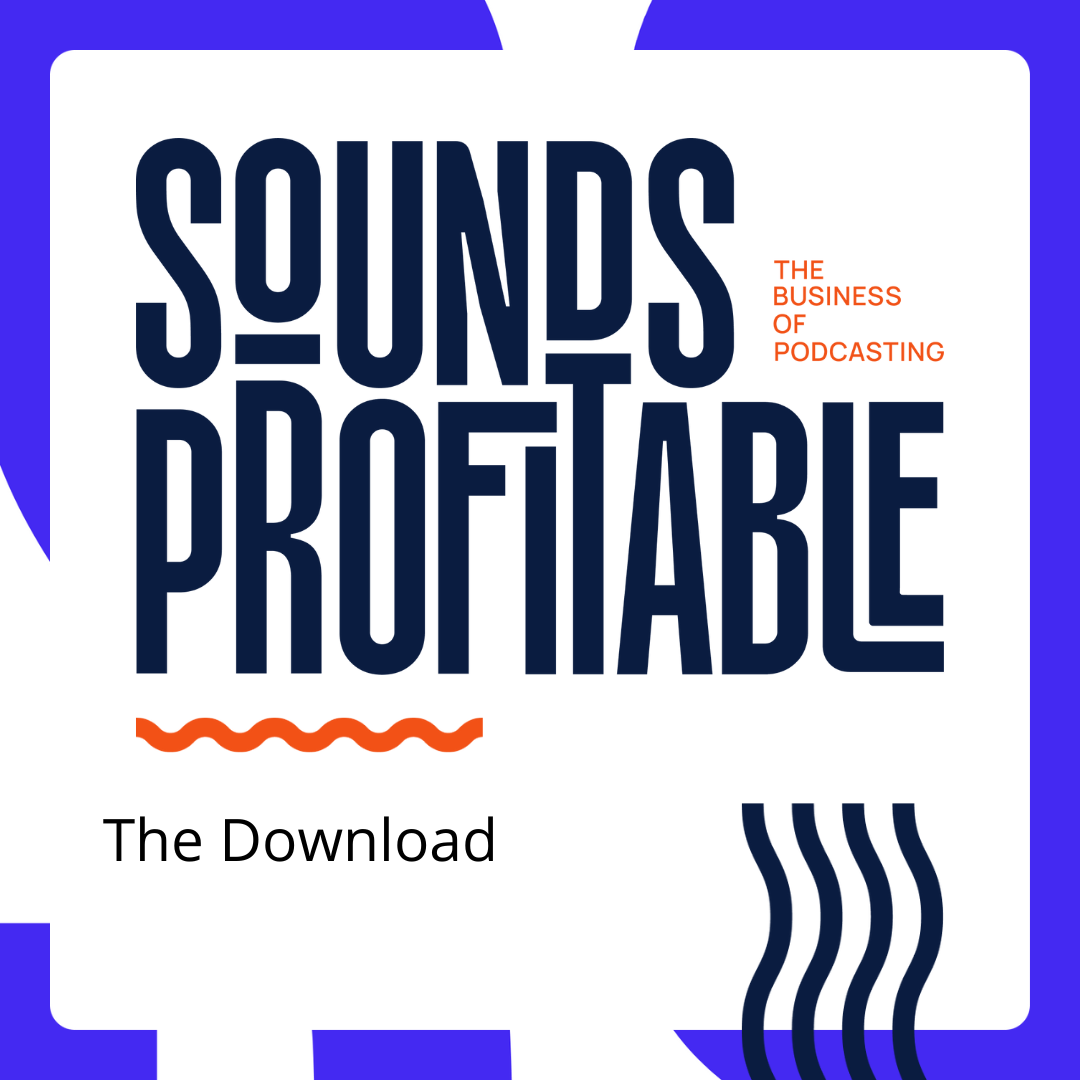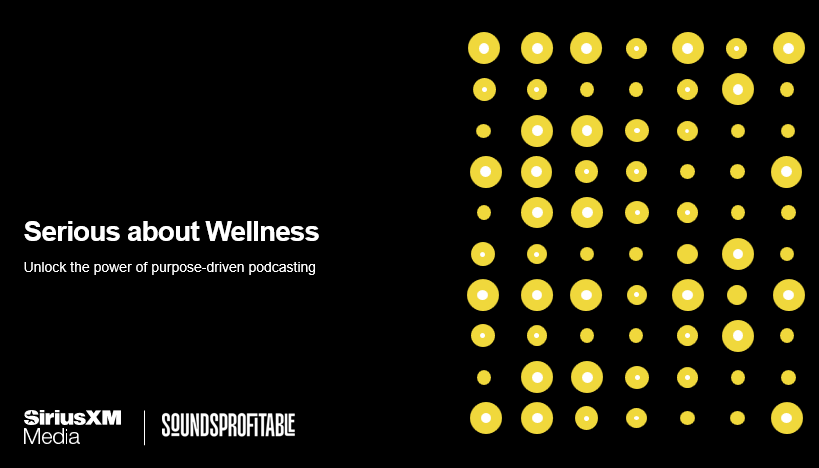Manuela: This is The Download from Sounds Profitable, the most important news from this week and why it matters to people in the business of podcasting. I’m Manuela Bedoya.
Shreya: And I’m Shreya Sharma.
Manuela: The Download is brought to you by Magellan AI. Track the trends in spend, ad load, podcasts on YouTube, and more with Magellan AI’s advertising benchmark report for Q4, available now. You can find a link in the description or visit Magellan dot AI.
Shreya: This week: Ad Fraud Yet to Significantly Impact Podcasts, the potential TikTok ban looms for marketers and content creators, YouTube TV is raising fee over content cost increases, and Sounds Profitable’s latest research study is here.
Let’s get started.
Ad Fraud Yet to Significantly Impact Podcasts
Manuela: Last Thursday Alyssa Meyers covered a developing story centering around newly-discovered audio ad fraud. From the article:
“Last month, brand-safety firm DoubleVerify said it uncovered a “scheme” it’s calling BeatSting involving alleged audio fraud that has cost “unprotected advertisers” up to $1 million per month, or potentially as much as $20 million over the past few years, according to Roy Rosenfeld, head of the company’s Fraud Lab.”
BeatSting was first noticed by DoubleVerify in 2021. According to Rosenfeld, the suspicious traffic stems from over sixty mobile apps that appear genuine – all geared towards different demographics – but DoubleVerify believes impressions generated by the apps never actually took place. Instead, allegedly the apps are faking traffic that implies real users are listening to audio and calling for ads to fill false impressions. DoubleVerify told Meyers they estimate BeatSting could be costing up to a million dollars a month in audio ad fraud.
“Perhaps that’s because, compared to fraud-related losses in other channels, $1 million per month is miniscule. Jordan Bentley, CEO of audio DSP Audiohook, explained that “audio historically has been less of a target due to lower scale relative to display and video.””
Right Side Up director Grant Durando told Meyers he’s:
“Skeptical that there’s a significantly scaled, deliberately nefarious ad fraud scheme” going on with regard to podcasts. Overall, any ad fraud scheme that currently exists or is in the process of being conceived will be subverted by a few simple, common-sense moves that we as an industry are making.”
It pays to be cautious, but it also pays to be aware of the options available. As the article notes, the growing use of tracking pixels and third-party verification companies has led to more companies identifying and neutralizing bad actors. It’s worth discovering issues like ByteSting, but luckily we also have the tools to correct for such issues before they become a serious problem.
Google raises price of YouTube TV to $73 a month, blaming content costs
Shreya: Last Thursday Kif Lewsing, writing for CNBC, covered the newest price hike in streaming: YouTube TV, the aptly-named service that allows users to stream live television inside YouTube, has increased from $65 per month to $73. The price increase takes effect on the April billing cycle. A quote from the email to YouTube TV subscribers:
“As content costs have risen and we continue to invest in the quality of our service, we are updating our price to keep bringing you the best possible service.”
Lewsing points to this price hike’s timing after price increases from several other streaming services, including Disney+, Apple+, and HBO Max. Google also has yet to announce the pricing of their coveted newest acquisition: NFL’s Sunday Ticket content package. Under its old owner DirectTV, the football streaming package cost $80 per month.
The email sent to subscribers also mentions one silver lining in the form of a $10 per month decrease to the add-on that gives users 4K resolution.
Podcasting, take note: there’s opportunities to be had in a streaming ecosystem full of disenfranchised users who are inundated with familiar services raising their prices. The vast majority of podcasting content is free, or free with an optional premium subscription for power-users. Podcasts are doing fine on their own, but they look all the more alluring when a user accrues so many subscriptions they’re paying over a hundred dollars a month just to watch TV.
How marketers and creators are thinking about a potential TikTok ban
Manuela: This Monday MarketingBrew’s Minda Smiley published a roundup of reactions from marketers and creators regarding the potential TikTok ban. A quick recap for those not in the know: last week president Biden and his administration gave TikTok an ultimatum: TikTok’s Chinese owner must sell the app to an American-owned company, or it will be banned nationwide.
If this seems familiar, it’s because a similar threat was made in 2020 by the previous administration and was subsequently shut down by federal courts. From Simley’s article:
“TikTok has quickly become a key platform for marketers; earlier this year, Mekanism’s chief innovation officer told Digiday that it “makes up about 25% of the social ad budgets.” Insider Intelligence estimated that the app would bring in nearly $10 billion in ad revenue last year, more than double the year prior. And that’s not to mention organic marketing on TikTok, where small businesses in particular have found success.”
TikTok CEO Shou Zi Chew is currently in the US speaking with ad agencies to calm concerns and will have testified before Congress – as of this newsletter’s publication – this morning.
Still, it has caused quite a stir among both the content creators who make a living on the app, and marketers who run ads around said content, as it could all be wiped away over concerns for data privacy. The Washington Post, including on their TikTok account, points to the last successful instance of the US pressuring a China-owned app to sell to a US-based owner out of privacy concerns, which was Grindr in 2019. Since the sale, the US-owned Grindr (a dating app with a primarily LGBTQ+ user base) has been implicated in multiple instances of selling user location data that has been used to track and publicly shame gay clergy members. Proving just because data is wholly US-owned doesn’t necessarily mean it’s being protected to a high standard.
If advertisers find themselves stressing about a social media app wrapped in controversy and an ephemeral future, might we humbly suggest putting more spend on podcasts? We hear they’re pretty good at conversion.
The Medium Moves the Message
Shreya: For our final story, if you’ll allow a smidge of self-indulgence: the first Sounds Profitable research of 2023 is now available for download. Titled The Medium Moves the Message: A Comparative Assessment of Advertising from Broadcast to Podcast, the study pulls data from a Signal Hill Insights online survey of, quoting the study:
“2,002 Americans 18+, to gauge their awareness, consideration, favorability, and other brand measures relative to the largest advertisers in TV, Radio, and Podcasting.”
A big finding of the study is in the age demographics, as broadcast and podcast audiences are pulling apart, especially in younger demographics. Compared against the mean age distribution of the US population, the mean age for podcasts is just under 40, with 44% of the population in the 18-34 demographic. Compare that to those who just watch broadcast and cable television, where 44% of the population is 55+. Nearly a generation of age difference between the two.
Consumers who favor podcasts rate brands more favorably on average, as well. When single-channel users were polled – users who only listen to podcasts, radio, or television – only 28% of TV listeners favored brands that supported their favorite content. Radio posted 32%, and podcasting 34%.
Among other findings, The Medium Moves the Message’s data suggests podcasting’s weekly reach with the 18-34 demographic is nearing that of radio and TV. The median age of heavy radio and TV users is also significantly older than that of heavy podcast listeners.
Adding podcast buys on top of radio and TV adds net-new consumers, and podcast listeners are proven to be more positive towards brands that support the medium.
Shreya: Finally, it’s time for our semi-regular roundup of articles we’re calling Quick Hits. These are articles that didn’t quite make the cut for today’s episode, but are still worth including in your weekend reading. This week:
The Biggest Challenge for Podcasters Today is… by Eric Nuzum in his newsletter Audio Insurgent. This issue Nuzum has a conversation with ChatGPT, asking the bot to list the biggest issues podcasters face currently. Interestingly enough, it might have parroted the sentiments of one of Nuzum’s own articles back at him.
Amaze Media Labs Acquires Rockable. Podcast advertising company Rockable, and their proprietary audience growth solutions, are now a part of AMAZE Media Labs.
Manuela: And that was The Download, brought to you by Sounds Profitable! Today’s episode was built using Spooler and hosted on ART19. Find out more at Spooler.fm and Art19.com
I know we went through today’s stories fast, so be sure to check out the links to every article mentioned, right in your podcast listening app, or on SoundsProfitable.com/Podcast. And thank you for sticking with us as we bring you the top stories you might have missed from the past week. I’m Manuela Bedoya.
Shreya : And I’m Shreya Sharma. Our producers are Bryan Barletta, Gavin Gaddis, and Tom Webster. Special thanks to Art19 for hosting The Download. And thanks to you for joining us.
Robot?


 "
"


